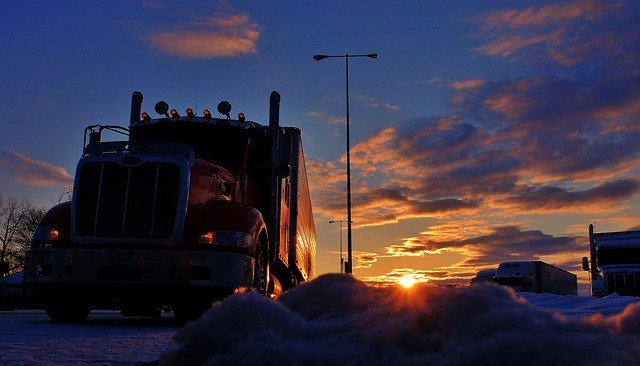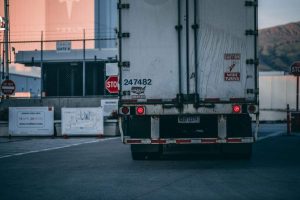Despite the economic downturn, business in the trucking industry continues to rumble on. While demand for large items dropped, shipping essential goods increased, keeping the industry busy. As a result, revenue increased for one of the country’s largest trucking companies, J.B. Hunt. However, profit actually tumbled in the same period.
By comparison, freight in March of 2020 rose 32 percent over March of last year. The increase in demand prompted federal officials to ease restrictions, allowing trucker to drive longer hours. As the fourth largest trucking company in the US, J.B. Hunt’s large network yielded greater revenue. Though, despite the 9.2 percent revenue hike over 2019’s first quarter, operating income dropped by 7.8 percent.
The dissonance between revenue and profit follow the upheaval experienced within the industry as a result of the global pandemic.
Revenue Up, Profit Down After Reorganizing
The spread of coronavirus throughout the country, and the world, greatly disrupted the supply chain. One direct consequence came in the necessity to rearrange operation. Companies like J.B. Hunt were forced to reorganize their freight flows to accommodate the unique situation.
Therefore, margins begin to drop.
In an already competitive industry with over 200,000 operating trucking companies, margins tightened even further. Thus, a discordance arose between revenue and profit in numbers from this year’s first quarter.
However, coronavirus isn’t the only time margins shrink to levels damaging to trucking companies. FedEx previously partnered with Amazon to deliver its packages to consumers. The trucking giant quickly discovered tiny margins made the relationship less profitable. Therefore, they began expanding business with other retailers, such as Walmart, and pulled back from Amazon.
While J.B. Hunt rearranges to focus on essential freight to keep up volume, other companies struggle against the downturn. Those focused in manufacturing sustain a massive blow dealt by the outbreak’s economic impact. Unlike larger companies, they don’t have business to compensate. Smaller trucking companies stand to lose as the outbreak drags on.




